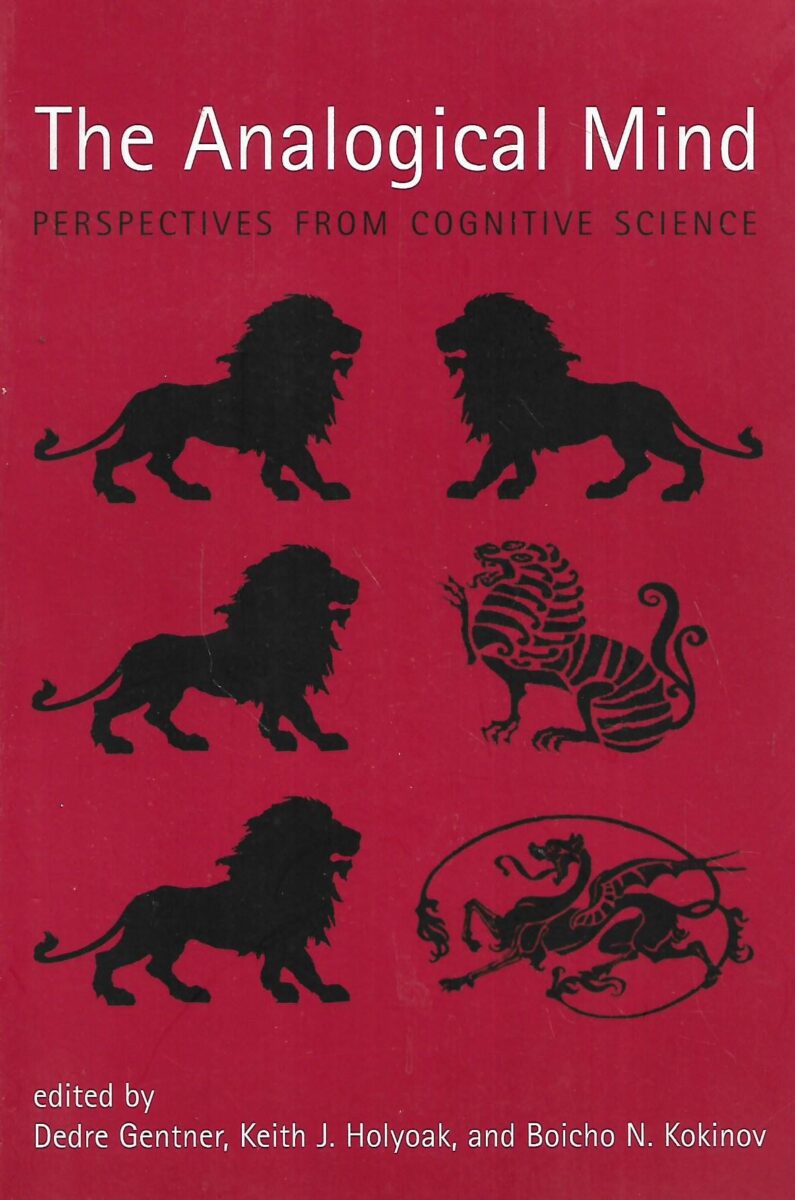Opis
Analogy has been the focus of extensive research in cognitive science over the past two decades. Through analogy, novel situations and problems can be understood in terms of familiar ones. Indeed, a case can be made for analogical processing as the very core of cognition. This is the first book to span the full range of disciplines concerned with analogy. Its contributors represent cognitive, developmental, and comparative psychology; neuroscience; artificial intelligence; linguistics; and philosophy.
The book is divided into three parts. The first part describes computational models of analogy as well as their relation to computational models of other cognitive processes. The second part addresses the role of analogy in a wide range of cognitive tasks, such as forming complex cognitive structures, conveying emotion, making decisions, and solving problems. The third part looks at the development of analogy in children and the possible use of analogy in nonhuman primates.




